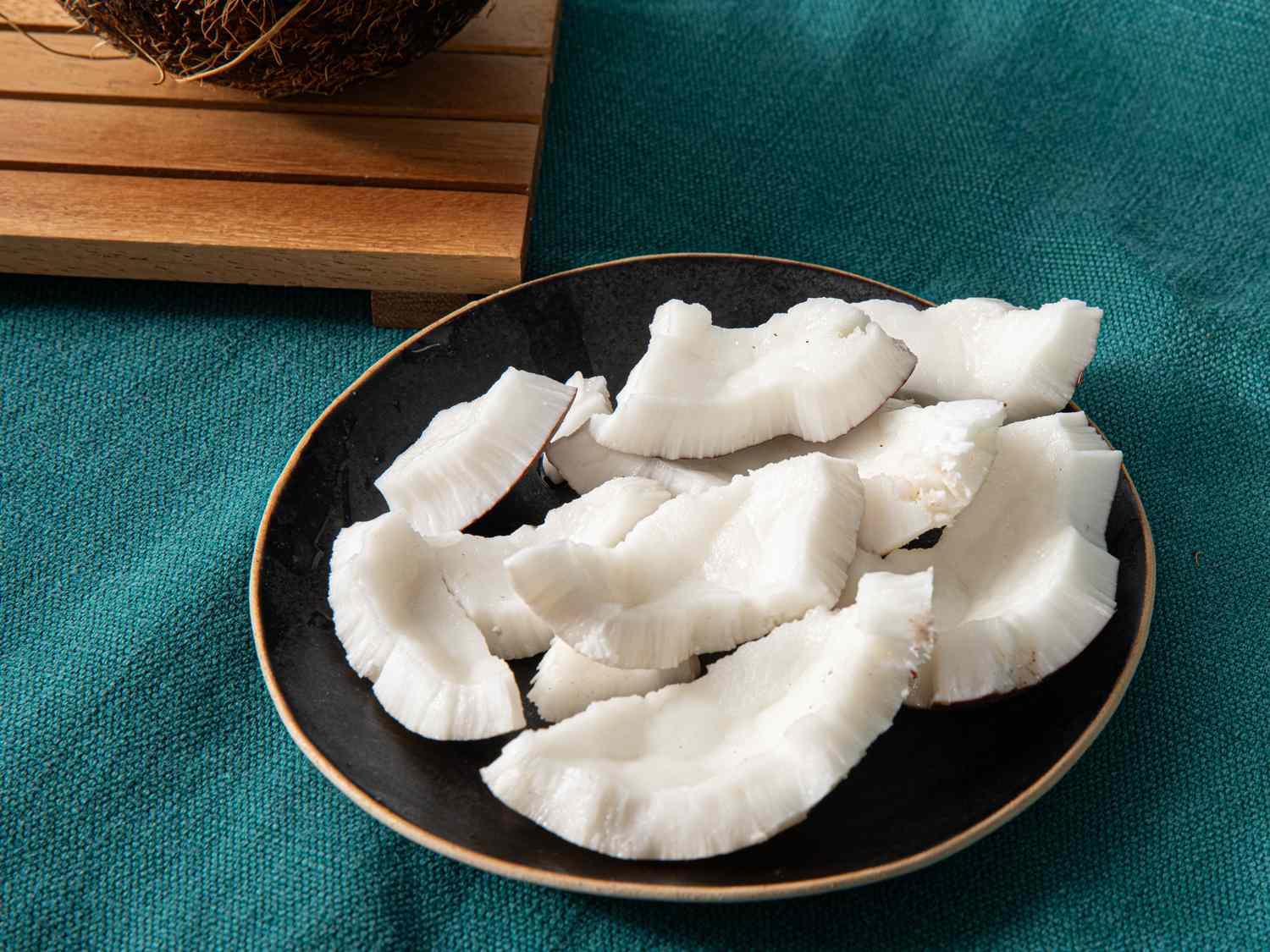

Articles
How To Store Coconut Meat
Modified: January 8, 2024
Learn the best methods for storing coconut meat with these helpful articles. Keep your coconut fresh and ready for recipes with our expert tips and advice.
(Many of the links in this article redirect to a specific reviewed product. Your purchase of these products through affiliate links helps to generate commission for Storables.com, at no extra cost. Learn more)
Introduction
Coconut is a versatile fruit that is enjoyed by many worldwide. From its refreshing water to its delicious meat, coconuts offer a wide range of culinary possibilities. If you find yourself with leftover coconut meat and are wondering how to store it properly, you’re in the right place. This article will guide you through the various methods and techniques for storing coconut meat, ensuring that it stays fresh and tasty for an extended period.
Before we dive into the storage methods, it’s essential to understand how to choose and prepare a coconut correctly. When selecting a coconut, look for a fruit that feels heavy for its size and has no cracks or leaks. Shake it gently to ensure there’s water inside. Once you have your coconut, you’ll need to crack it open to access the meat. To do this, you can use a heavy knife or a dedicated coconut opener. Carefully strike the coconut around its equator until it splits open. Collect the coconut water and set it aside for later use. Now, you’re ready to move on to storing the meat.
Key Takeaways:
- Properly storing coconut meat is crucial for maintaining its freshness and flavor. From room temperature storage to freezing, there are various methods to suit different needs and durations.
- Utilize airtight containers, proper handling, and temperature control to maximize the shelf life of coconut meat. Whether it’s for short-term use or long-term storage, these tips ensure high-quality coconut meat for your culinary creations.
Read more: How To Store Coconut
Choosing and Preparing Coconut
When it comes to choosing a coconut for storing its meat, freshness is key. Look for coconuts that have a firm shell and are heavy for their size. Avoid coconuts with cracks, leaks, or mold development, as they may indicate that the fruit is not fresh and the meat inside may have gone bad.
Once you have selected a fresh coconut, you will need to crack it open to access the meat. There are a few different methods you can use to crack open a coconut, depending on the tools you have available. Here are two common methods:
- Using a knife: Hold the coconut firmly in one hand with the pointed end facing downwards. Using a sturdy knife, strike the middle of the coconut firmly and repeatedly until it cracks open. Be sure to use caution and perform this action in a safe direction to avoid any accidents.
- Using a coconut opener: Coconut openers are specialized tools designed to make cracking open coconuts easier. Follow the instructions provided with the coconut opener to safely crack open the coconut and access the meat.
Once the coconut has been cracked open, drain the coconut water into a separate container and set it aside. You can use the coconut water for refreshing beverages or as an ingredient in various recipes. Now, you can focus on removing the meat from the shell.
To remove the coconut meat, use a small butter knife or a coconut scraper. Insert the edge of the knife or scraper between the meat and the shell, gently prying the meat away from the shell’s inner lining. Continue moving the knife or scraper along the inner lining to loosen the meat completely. Take your time and be careful not to damage the meat in the process.
Once the meat is detached from the shell, you can further process it by grating, shredding, or leaving it in larger chunks, depending on your preference and intended use. Now that you have prepared the coconut meat, it’s time to explore the different methods for storing it to maintain its freshness and flavor.
Methods for Storing Coconut Meat
Storing coconut meat properly is crucial to ensure its freshness and prevent spoilage. There are several methods you can utilize, depending on your preference and the expected duration of storage. Let’s explore these methods in more detail:
- Storing Fresh Coconut Meat: If you plan to use the coconut meat within the next few days, storing it at room temperature is usually sufficient. Place the meat in an airtight container or wrap it tightly in plastic wrap to keep it fresh. However, keep in mind that fresh coconut meat has a relatively short shelf life and should be consumed promptly.
- Storing Shredded or Grated Coconut: If you have shredded or grated the coconut meat, it is best to store it in the refrigerator. Place the shredded coconut in an airtight container or sealable bag to prevent moisture loss and absorption of other odors. Refrigerating shredded coconut can help prolong its shelf life for up to a week.
- Storing Coconut Meat in the Freezer: Freezing coconut meat is an excellent option if you want to extend its shelf life for several months. Start by cutting the meat into smaller chunks or grating it, depending on your recipe preferences. Place the meat in a freezer-safe container or freezer bag, ensuring to remove any excess air. Label the container with the date for easy reference. Frozen coconut meat can be stored for up to six months and used whenever needed.
- Storing Coconut Meat in the Refrigerator: For long-term storage of fresh coconut meat, the refrigerator is the ideal option. After cutting the meat into suitable portions, place them in an airtight container or Ziploc bag. The cool temperature of the refrigerator helps slow down spoilage and maintain the meat’s freshness for up to two weeks.
Regardless of the storage method you choose, it is essential to maintain a clean and hygienic environment throughout the process. Avoid any contact with moisture, excessive heat, or strong odors that could affect the quality of the coconut meat. Now that you know the various methods for storing coconut meat, let’s dive into each method’s specific instructions to ensure optimal freshness.
Storing Fresh Coconut Meat
If you have freshly extracted coconut meat and plan to use it within a few days, storing it at room temperature is a viable option. However, it is essential to take extra precautions to prevent spoilage and maintain its freshness.
Start by placing the fresh coconut meat in an airtight container. This will shield it from exposure to air and minimize the chances of bacterial growth. Alternatively, you can tightly wrap the meat in plastic wrap, ensuring that it is sealed securely.
When storing fresh coconut meat at room temperature, it is crucial to find a cool and dry area away from direct sunlight. The ideal temperature for storage ranges between 68°F and 72°F (20°C to 22°C). Avoid storing it near heat sources or in areas with high humidity.
Remember that fresh coconut meat has a limited shelf life. It is recommended to consume it within 2 to 3 days to enjoy its optimal taste and texture. If you don’t plan to use the coconut meat within this timeframe, consider utilizing one of the following storage methods for a longer shelf life.
Whether you intend to use the fresh coconut meat for baking, cooking, or snacking, always inspect it before use. Discard any pieces that look discolored, have an off-putting odor, or show signs of mold or spoilage. By doing so, you ensure that you’re using high-quality coconut meat for your recipes.
By following these guidelines, you can store fresh coconut meat at room temperature for a short period, preserving its freshness and flavor until you’re ready to incorporate it into your culinary creations.
Storing Shredded or Grated Coconut
If you have shredded or grated coconut and want to store it for a longer period, refrigeration is the best method to maintain its freshness. Here’s how to store shredded or grated coconut properly:
- Start by transferring the shredded or grated coconut into an airtight container or a sealable bag. Make sure the container or bag is clean and dry to prevent any contamination.
- Remove as much air as possible from the container or bag before sealing it. This helps minimize moisture and prevent the coconut from drying out or developing freezer burn.
- Label the container or bag with the date of storage. This will ensure that you can keep track of its freshness and know when it’s time to use or discard it.
- Place the container or bag of shredded or grated coconut in the refrigerator, ideally in the main compartment rather than the door. The cool temperature of the refrigerator helps maintain the coconut’s texture and prolong its shelf life.
Properly stored shredded or grated coconut can last for up to a week in the refrigerator. However, it is crucial to keep an eye on its appearance and odor. If you notice any discoloration, off-putting smell, or signs of spoilage, it’s best to discard it.
When using the shredded or grated coconut from the refrigerator, take only what you need and promptly return the rest to cold storage. This helps minimize temperature fluctuations and maintains the overall quality of the coconut.
If you find that you won’t be able to use all the shredded or grated coconut within a week, consider transferring some portions to the freezer for longer-term storage.
By following these simple steps, you can ensure that your shredded or grated coconut stays fresh, flavorful, and ready to enhance your favorite recipes.
Store coconut meat in an airtight container in the refrigerator for up to 4-5 days. For longer storage, you can freeze it in a resealable bag for up to 6 months.
Read more: How To Store A Coconut
Storing Coconut Meat in the Freezer
If you have a surplus of coconut meat or want to store it for an extended period, freezing is an excellent method to preserve its freshness and quality. Here’s how to properly store coconut meat in the freezer:
- Start by cutting the coconut meat into smaller chunks or grating it based on your preferred recipe requirements. If grating, use a box grater or a food processor with a grating attachment to achieve the desired consistency.
- Place the cut or grated coconut meat into a freezer-safe container or a sealable freezer bag. Ensure that the container or bag is clean and dry to prevent any contamination.
- Remove any excess air from the container or bag before sealing it. This helps prevent freezer burn and maintain the coconut meat’s quality during storage.
- Label the container or bag with the date of storage. This will help you keep track of its freshness and ensure you use it within a reasonable timeframe.
When storing coconut meat in the freezer, it is advisable to consume it within six months for optimal taste and texture. However, the frozen coconut meat can still be used beyond that timeframe if properly stored.
When it’s time to use the frozen coconut meat, thaw it in the refrigerator overnight or until it becomes soft. Avoid thawing at room temperature or using the microwave, as this can cause uneven thawing and affect the meat’s texture.
Once thawed, the coconut meat may release some moisture. If you find it too wet for your recipe, drain any excess liquid before incorporating it into your dishes.
It’s crucial to remember that coconut meat can be refrozen if necessary, but repeated freezing and thawing can impact its quality. Therefore, it’s recommended to portion the coconut meat before freezing, so you can thaw only the amount you need for each use.
By following these steps, you can enjoy the convenience of having frozen coconut meat readily available for a variety of dishes, such as curries, desserts, smoothies, and more.
Storing Coconut Meat in the Refrigerator
When it comes to storing coconut meat for a longer period while maintaining its freshness, the refrigerator is an ideal option. Here’s how to store coconut meat in the refrigerator:
- Start by cutting the coconut meat into suitable portions based on your recipe needs. You can leave it in larger chunks or dice it into smaller pieces, depending on your preference.
- Place the coconut meat in an airtight container or sealable bag. This will protect it from exposure to air and other odors in the refrigerator. Make sure the container or bag is clean and dry to prevent any contamination.
- Seal the container or bag tightly to prevent moisture loss and help maintain the coconut meat’s freshness for a longer time. Label the container or bag with the date of storage for easy reference.
- Store the container or bag of coconut meat in the refrigerator. It is recommended to place it in the main compartment of the refrigerator rather than the door, as the temperature fluctuates less in the main compartment.
Properly stored coconut meat can last in the refrigerator for up to two weeks, maintaining its flavor and texture. However, it’s essential to monitor the coconut meat for any signs of spoilage, including discoloration, unpleasant odor, or mold. If you notice any of these signs, it’s best to discard the coconut meat.
When using the coconut meat from the refrigerator, remove only the portion needed for your recipe and promptly return the rest to cold storage. This helps maintain a consistent temperature and prolongs the overall freshness of the remaining coconut meat.
Remember that coconut meat stored in the refrigerator may lose some of its natural moisture over time. If you find the coconut meat slightly dry, you can sprinkle a little water over it or lightly moisten a paper towel and place it in the container to help retain moisture.
By following these guidelines, you can keep your coconut meat fresh and ready to be used in various delicious dishes, whether it’s savory curries, sweet desserts, or refreshing smoothies.
Tips for Maintaining Freshness
To ensure the longevity and freshness of stored coconut meat, there are several tips you can follow. By implementing these practices, you can maximize the shelf life and maintain the quality of the coconut meat:
- Proper handling: When preparing coconut meat, it’s crucial to maintain a clean and hygienic environment. Wash your hands thoroughly before handling the coconut to minimize the transfer of bacteria or contaminants.
- Storage temperature: Coconut meat is highly perishable, so storing it at the appropriate temperature is essential. Room temperature storage is suitable for short-term use, while refrigeration or freezing is recommended for extended storage.
- Airtight containers: Utilize airtight containers, such as Tupperware or glass jars, to store coconut meat. These containers prevent air from entering and reduce the chances of moisture loss or oxidation.
- Labeling and rotation: Always label the containers or bags with the date of storage to track the freshness of the coconut meat. Practice a first-in, first-out approach by using the oldest coconut meat first to prevent any wastage.
- Absorbing moisture: Coconut meat tends to release moisture over time, which can affect its quality. To combat this, you can place a paper towel or a small sachet of silica gel in the container to absorb excess moisture and maintain the meat’s texture.
- Avoid cross-contamination: Store coconut meat separately from other strong-smelling or pungent foods in the refrigerator or freezer. Coconut meat can easily absorb odors, resulting in an undesirable taste and aroma.
- Regular inspection: Periodically check the stored coconut meat for any signs of spoilage, such as discoloration, foul smell, or mold. Discard any pieces that show these signs to prevent contamination of the rest of the coconut meat.
- Proper thawing: If you have frozen coconut meat, thaw it in the refrigerator overnight or using the defrost setting on your microwave. Avoid thawing at room temperature, as it can lead to uneven thawing and affect the texture of the meat.
By employing these tips, you can maintain the freshness and quality of your coconut meat, ensuring that it’s always ready to be used in your favorite recipes.
Conclusion
Properly storing coconut meat is essential to maintain its freshness and quality for an extended period. Whether you have fresh coconut meat or shredded/grated coconut, understanding the various storage methods can help you prolong its shelf life and enjoy its delightful flavor.
Choosing a fresh coconut and correctly preparing the meat are the first steps toward successful storage. By cracking open the coconut, collecting the water, and carefully removing the meat from the shell, you set the stage for optimal preservation.
For short-term storage, fresh coconut meat can be stored at room temperature for a few days in a sealed container or wrapped tightly in plastic wrap. However, it’s important to note that the shelf life of fresh coconut meat is relatively short.
When it comes to shredded or grated coconut, refrigeration is the preferred method. Placing it in an airtight container or sealable bag and storing it in the refrigerator helps maintain its texture and freshness for up to a week.
If you want to extend the shelf life of coconut meat, freezing is the most effective option. Cut the meat into smaller chunks or grate it, then store it in a freezer-safe container or bag. Properly frozen coconut meat can last for up to six months, ready for use whenever needed.
For long-term storage, storing coconut meat in the refrigerator is ideal. Cut the meat into suitable portions, place it in an airtight container or bag, and store it in the main compartment of the refrigerator. This method can help maintain the meat’s freshness for up to two weeks.
To ensure optimal freshness, incorporate the tips mentioned, such as proper handling, using airtight containers, labeling and rotation, absorbing moisture, avoiding cross-contamination, and regular inspection. These practices will help you maintain the quality of the coconut meat and avoid waste.
Whether you enjoy coconut meat in savory dishes, sweet desserts, or refreshing beverages, following the proper storage methods will ensure that you have high-quality coconut meat on hand whenever inspiration strikes.
So, next time you have leftover coconut meat, remember these storage methods and tips to make the most out of this versatile fruit while keeping it fresh and delicious for your culinary adventures.
Frequently Asked Questions about How To Store Coconut Meat
Was this page helpful?
At Storables.com, we guarantee accurate and reliable information. Our content, validated by Expert Board Contributors, is crafted following stringent Editorial Policies. We're committed to providing you with well-researched, expert-backed insights for all your informational needs.
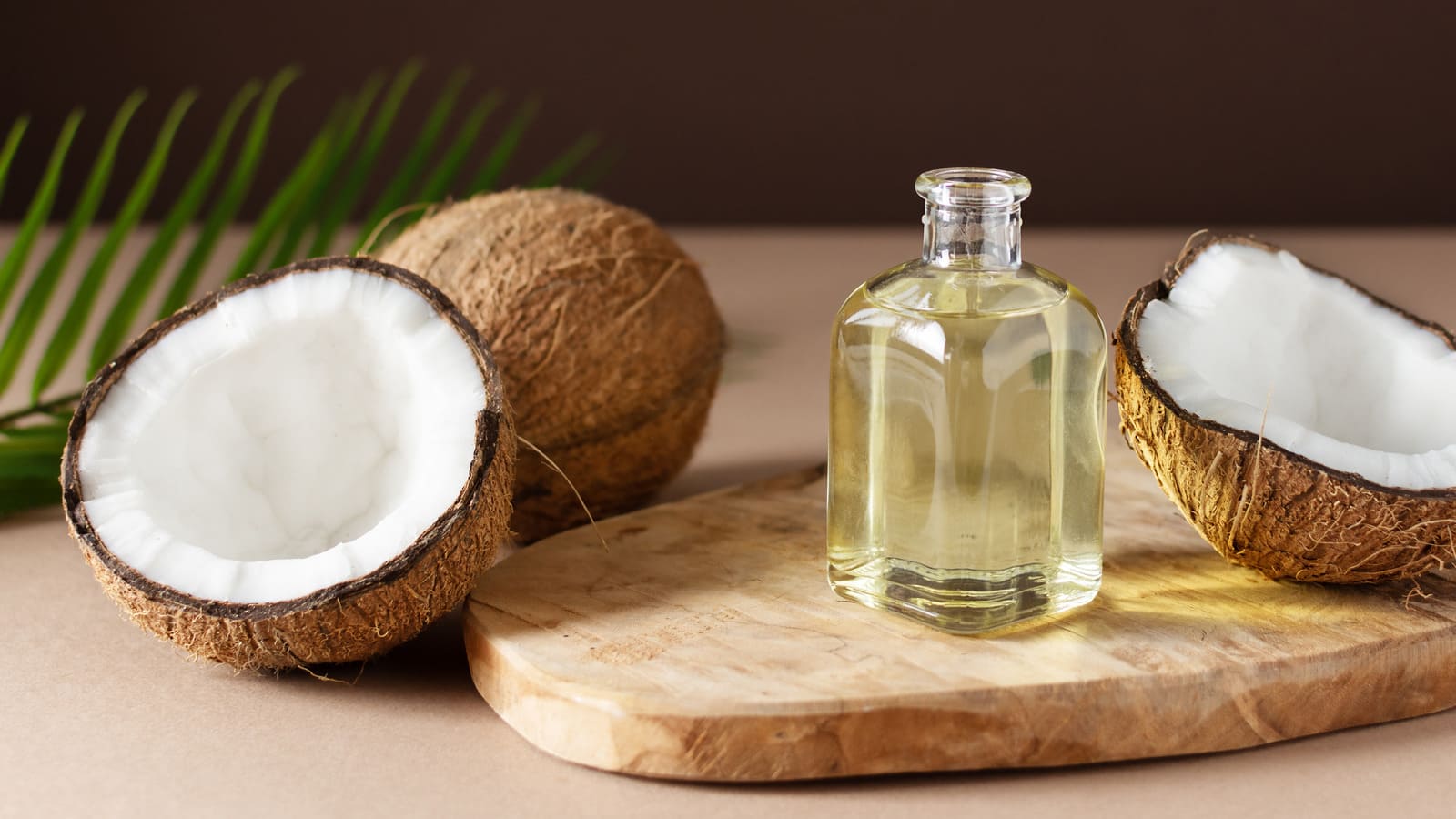

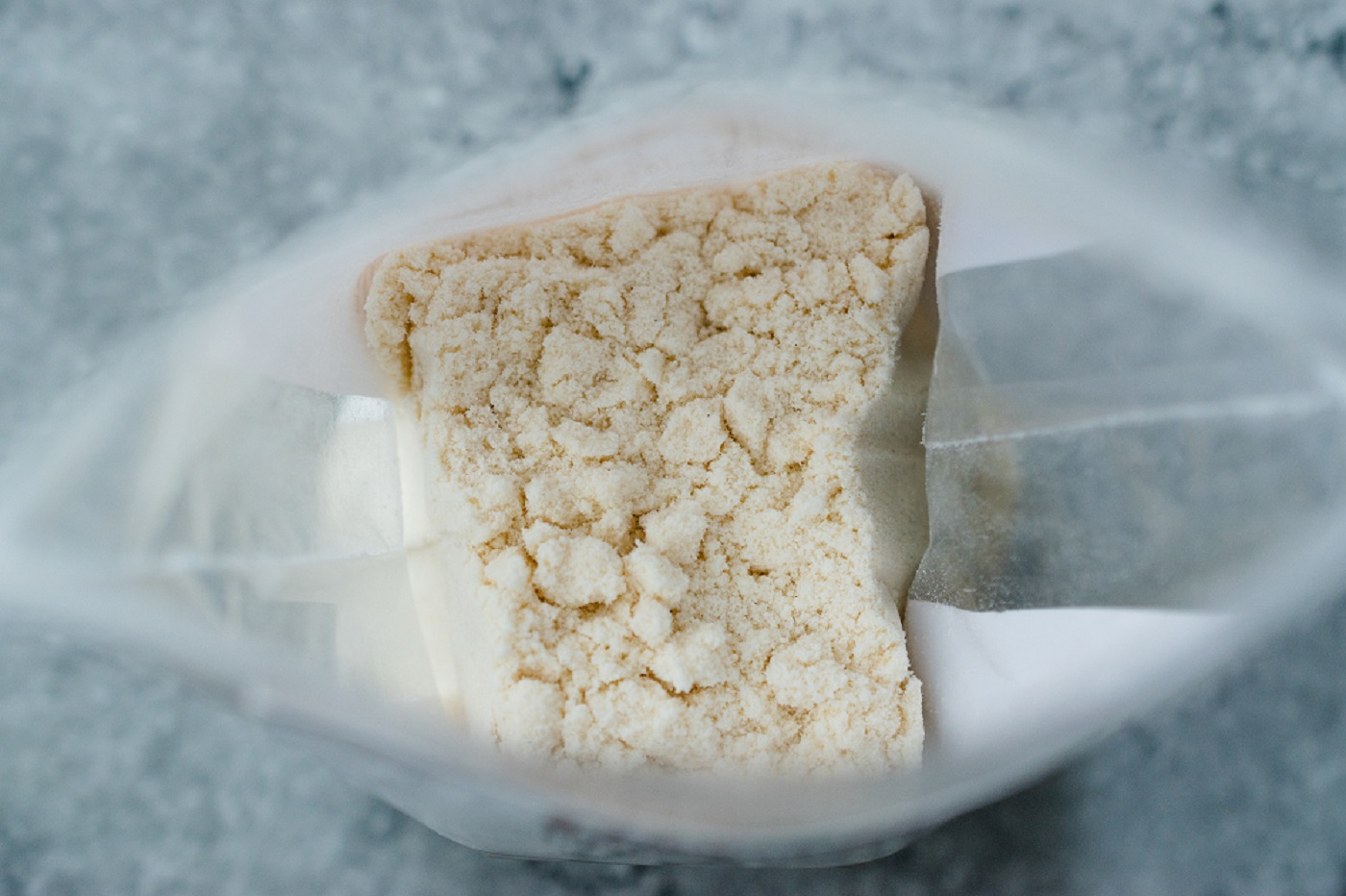
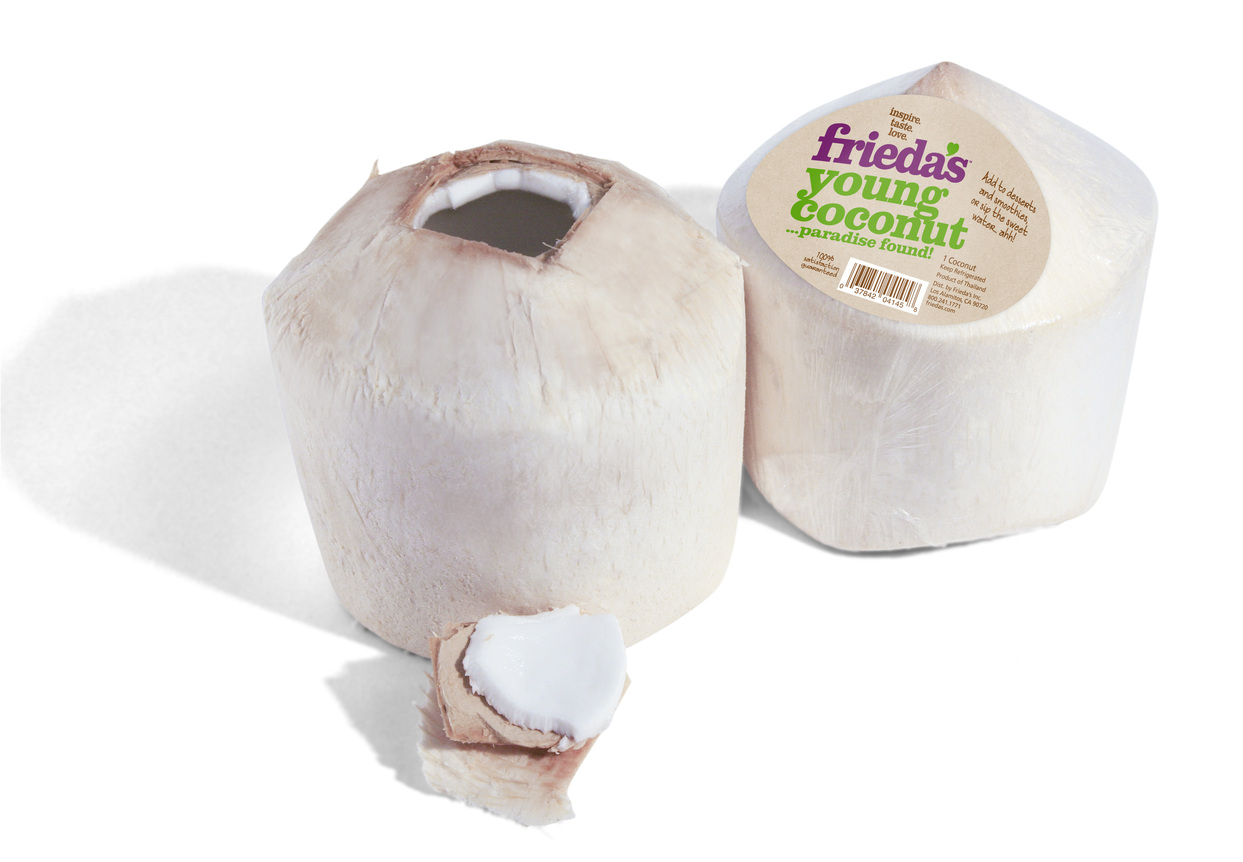
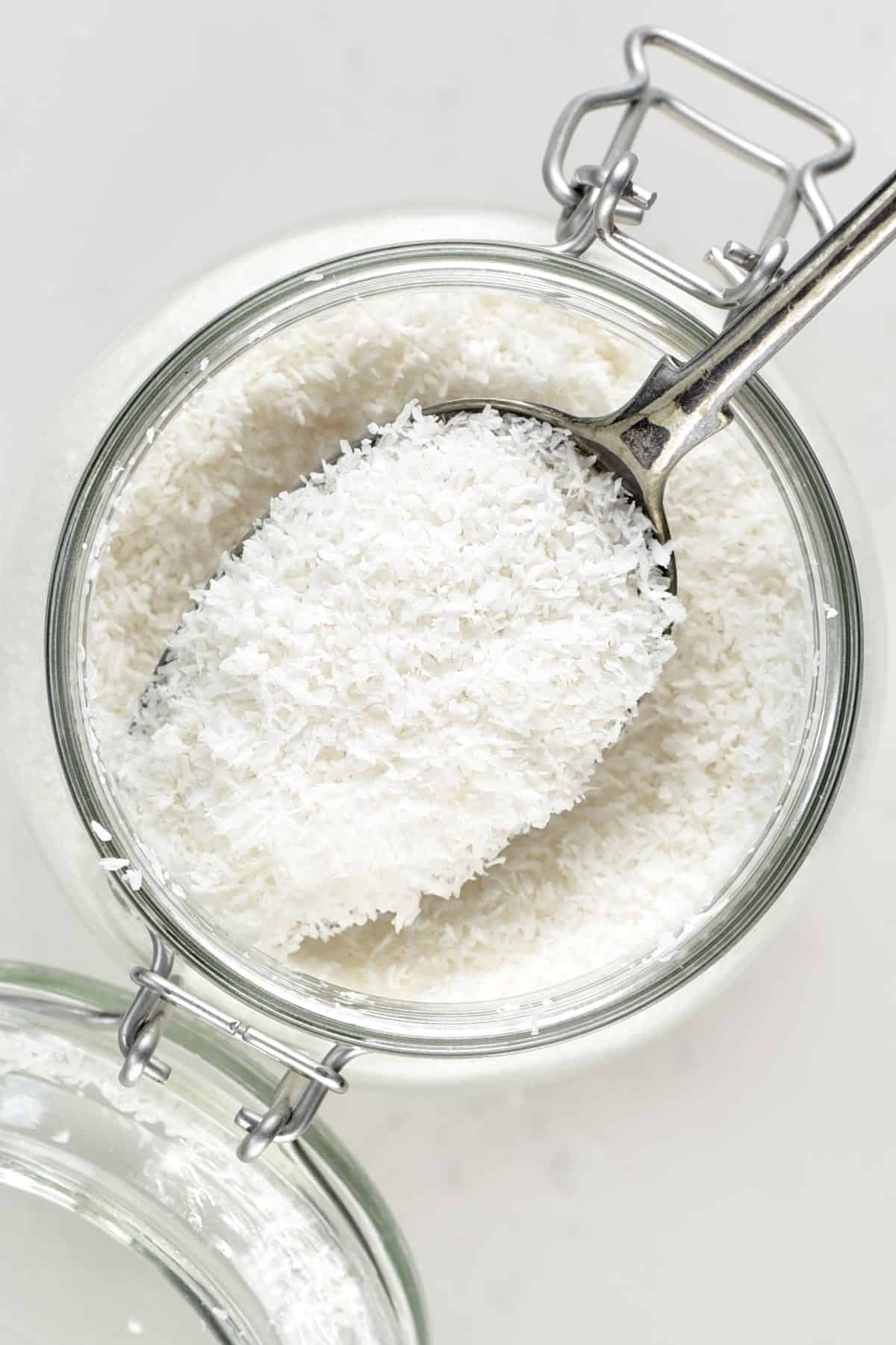
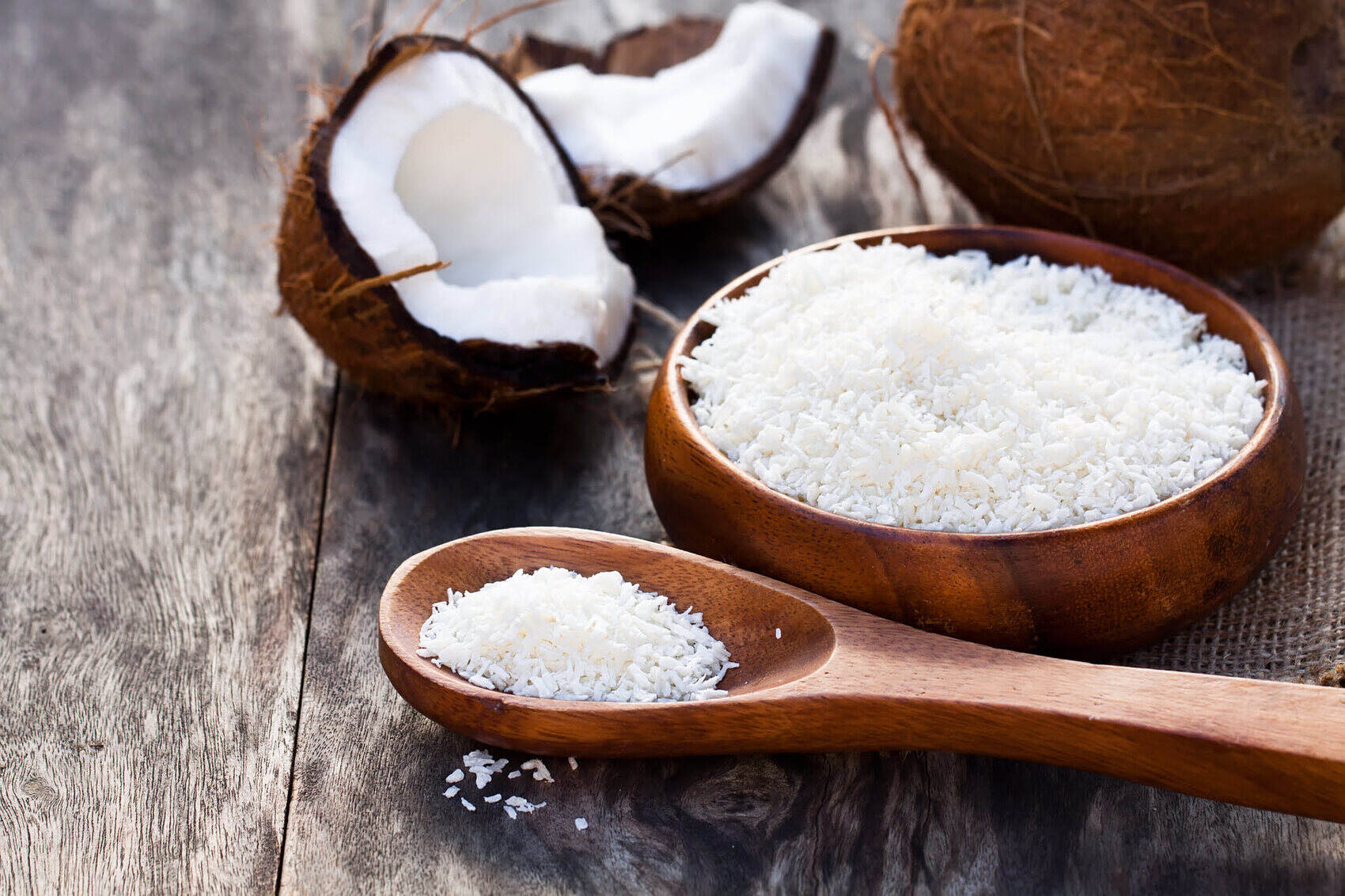
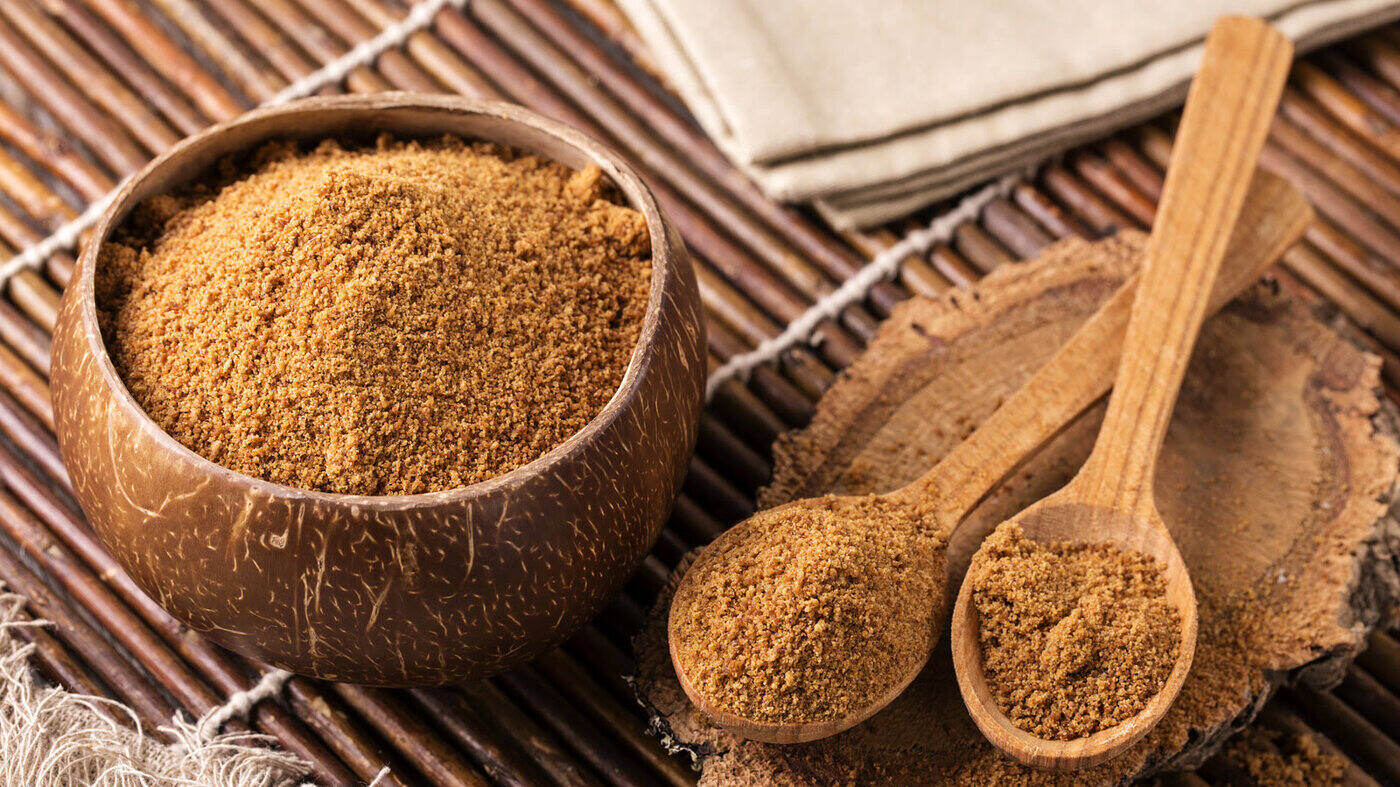
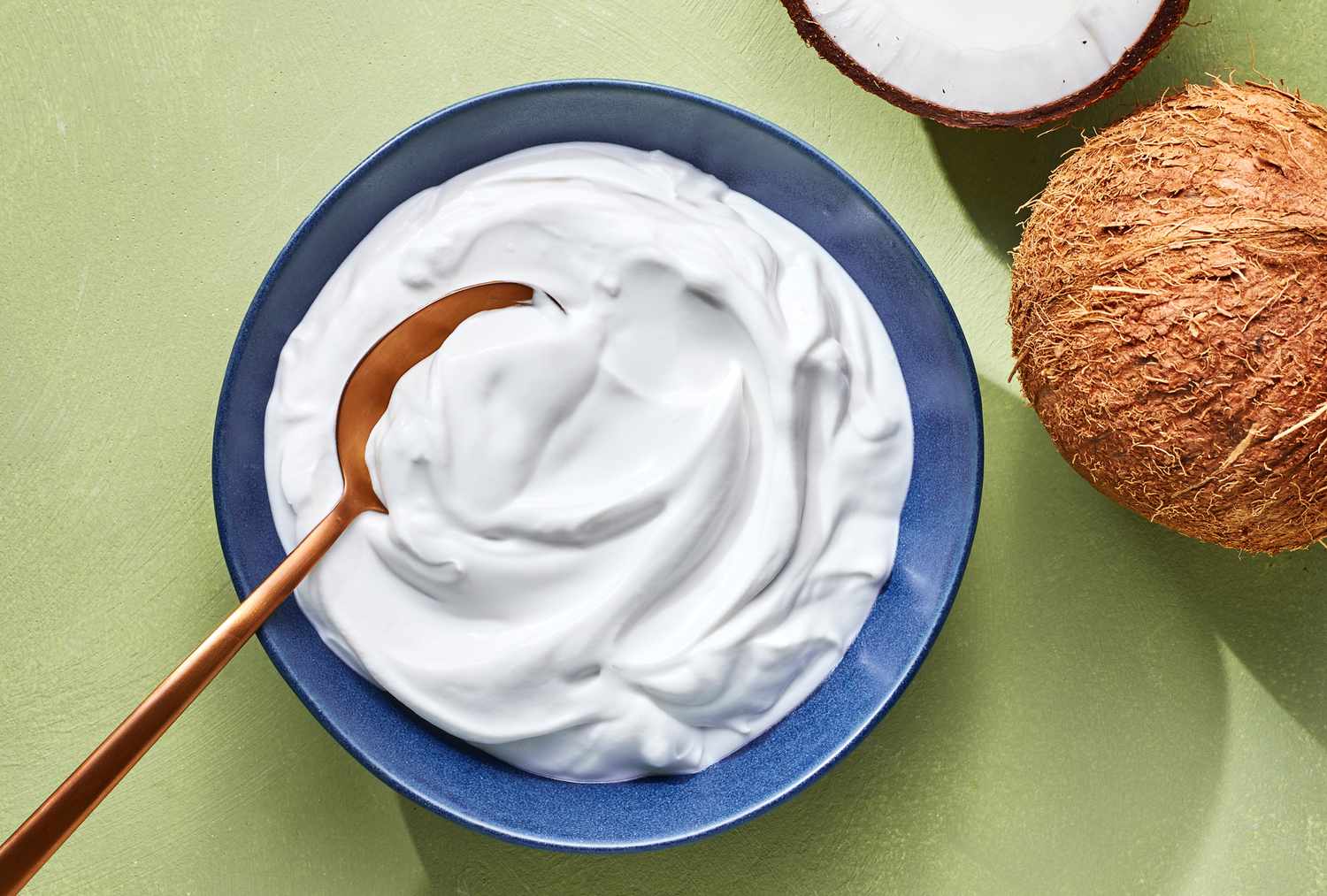

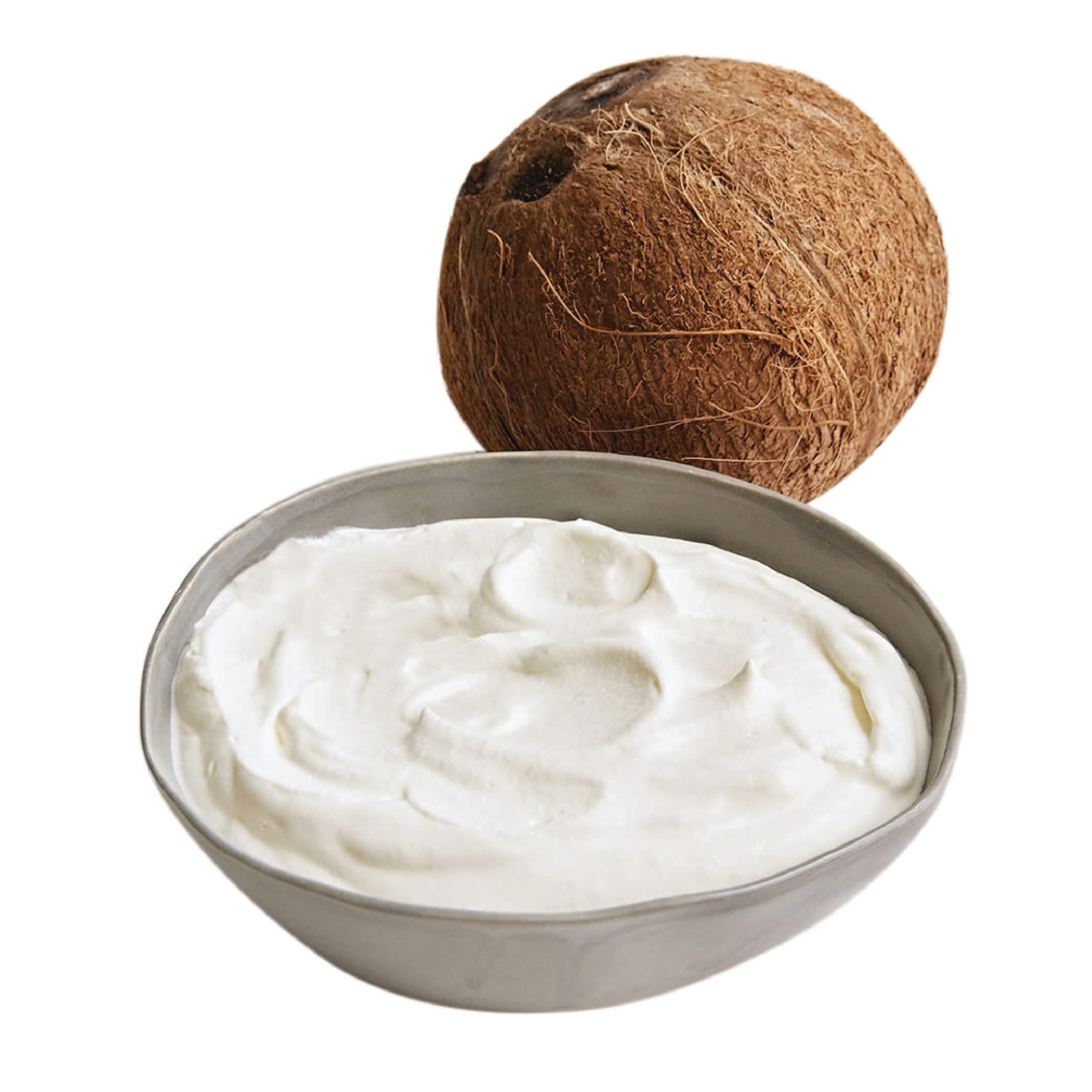
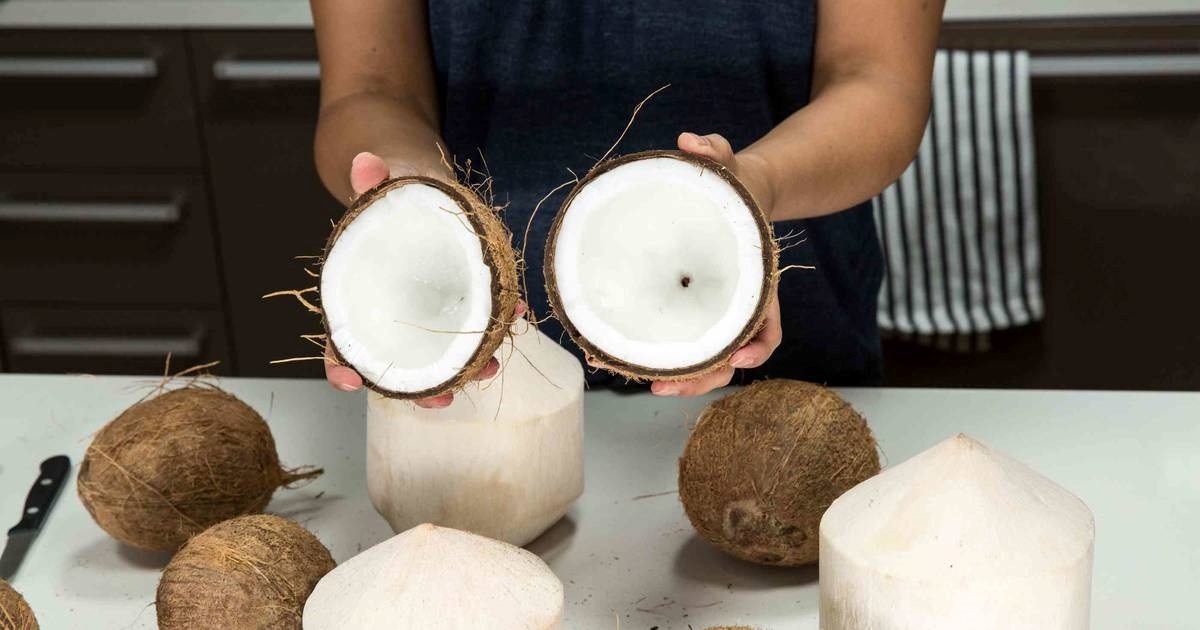
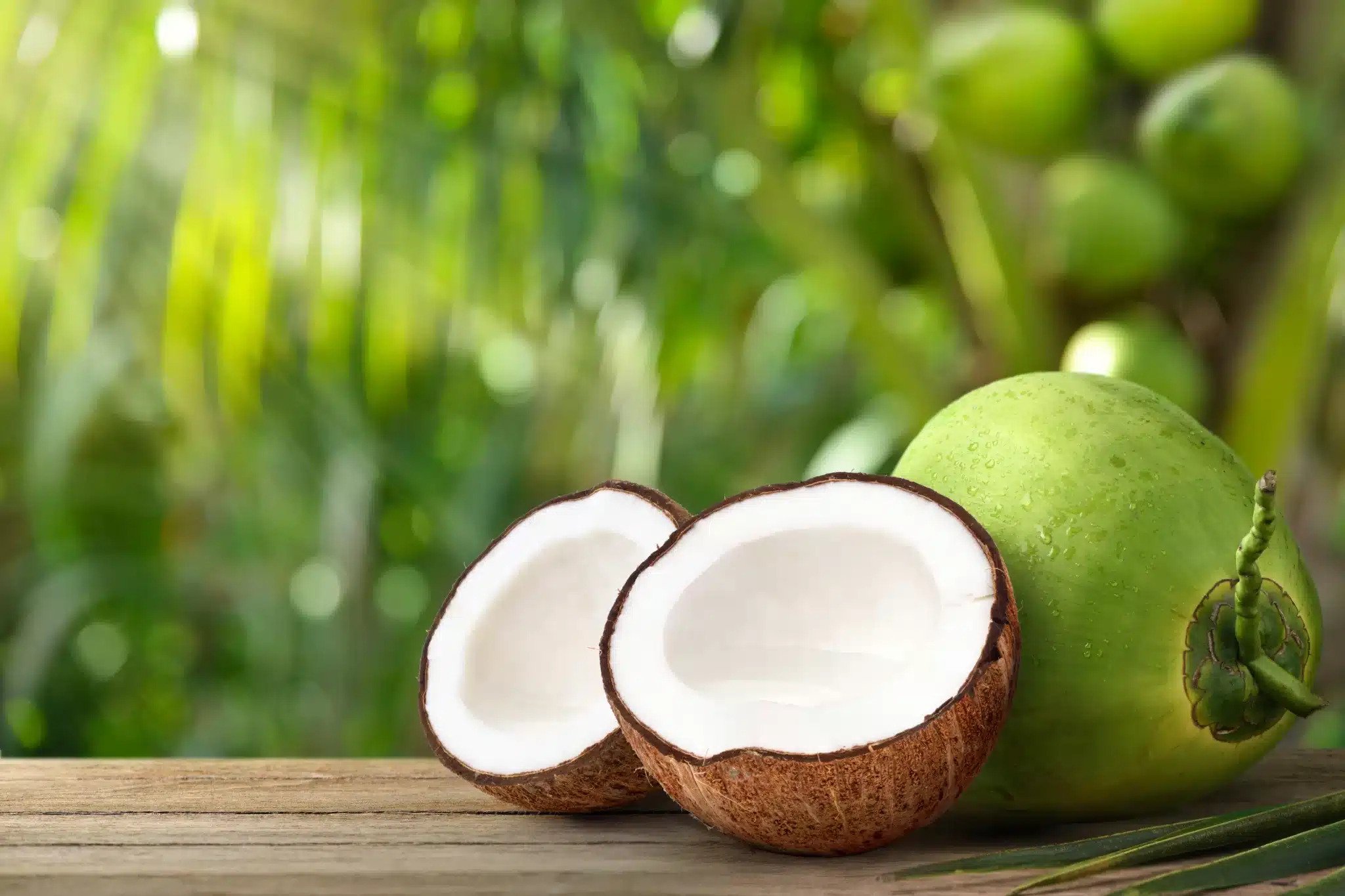
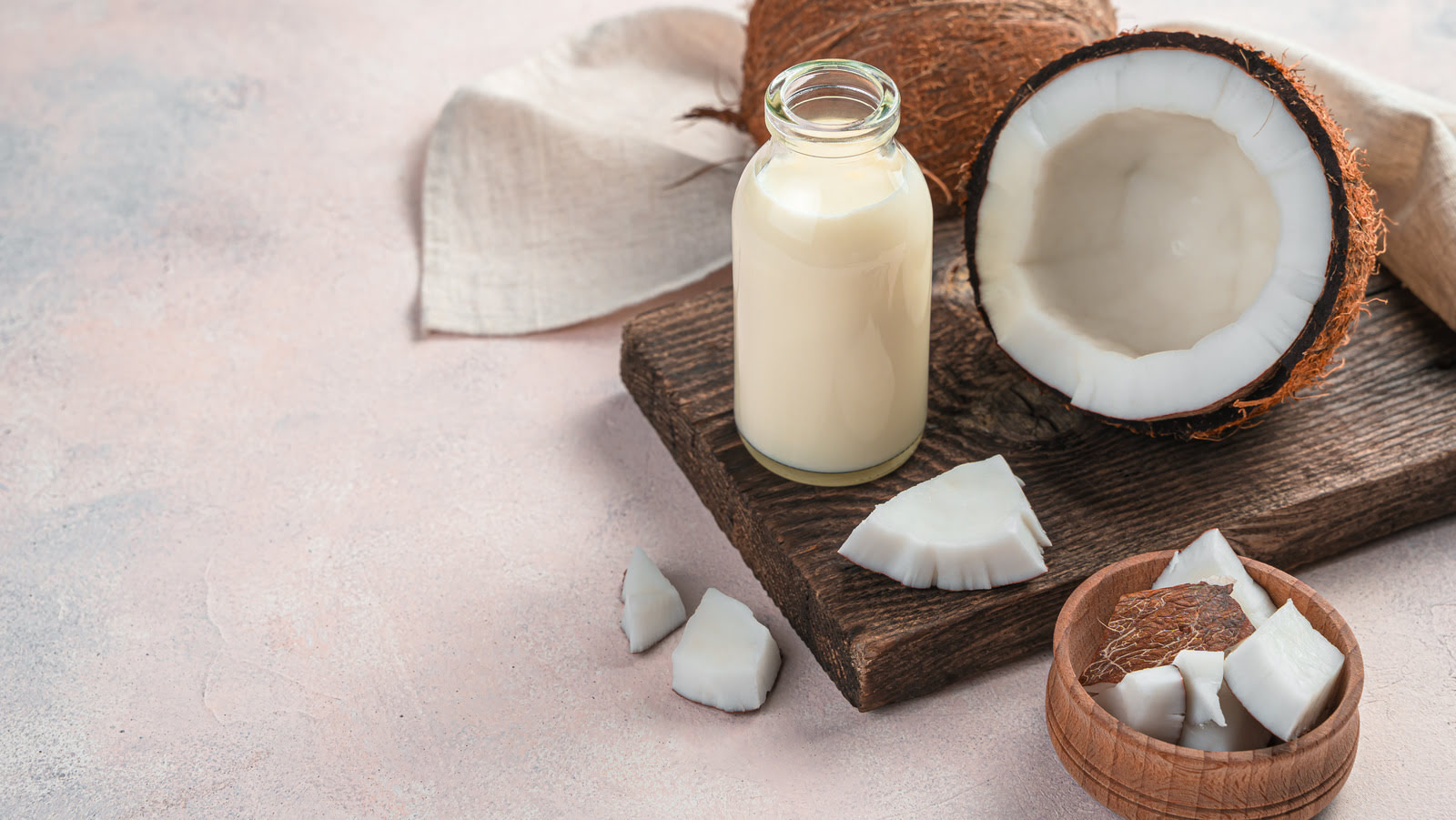
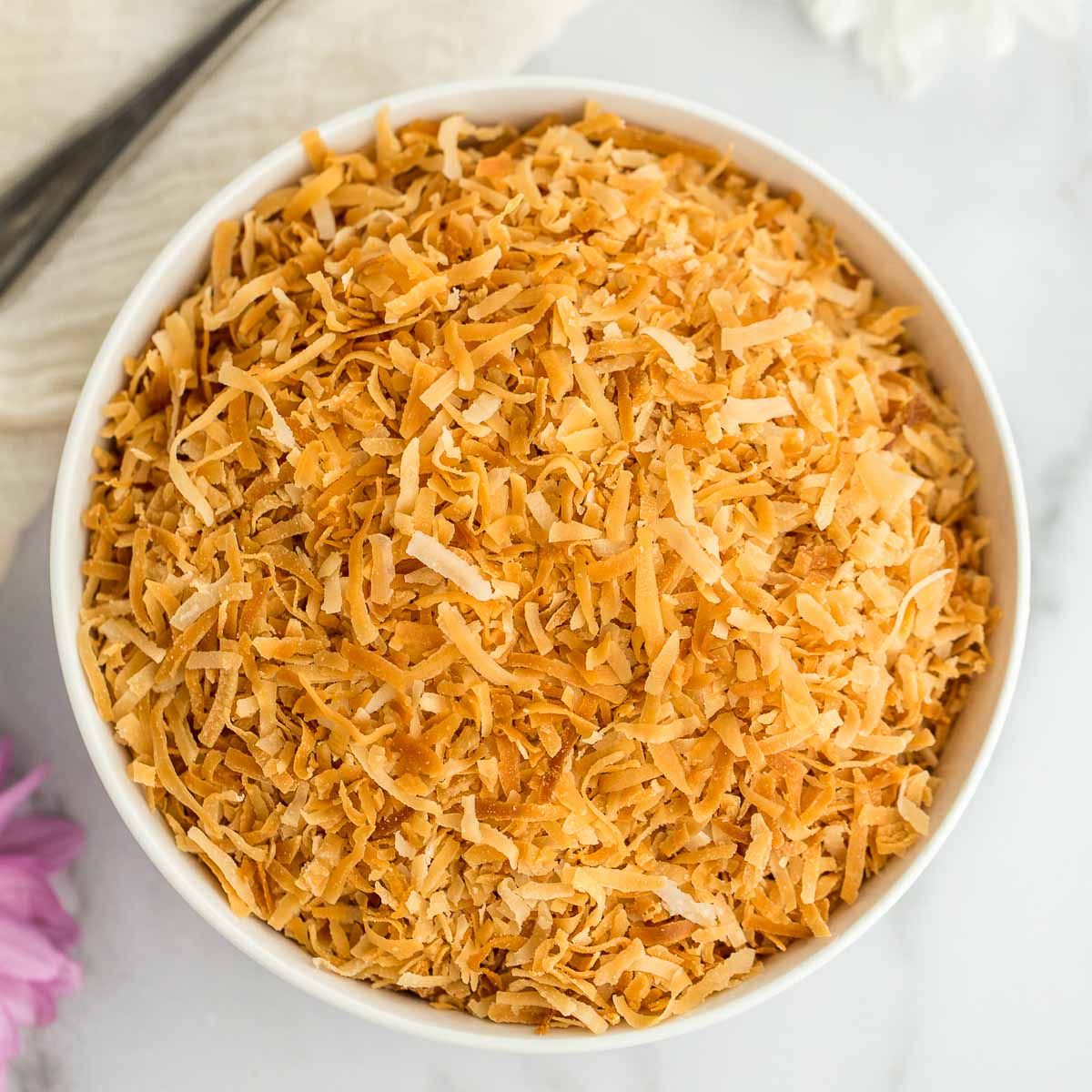

0 thoughts on “How To Store Coconut Meat”